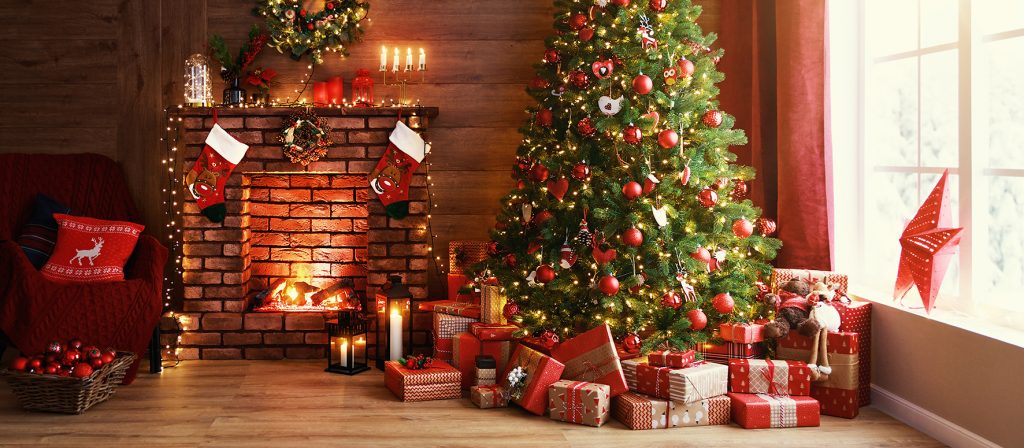In the last week, Google searches for ‘can’t sleep’ are up by 30%, averaging approximately 20,000 searches a month as the UK have increasing struggles with their sleep ahead of the festive season.
Now Bensons for Beds resident sleep expert suggests that, while some people may be losing sleep this time of year in anticipation of the festive period, the addition of Christmas lights, trees and decorations may be negatively impacting the sleep of others across the UK.
Excessive Light Exposure
Bensons for Beds’ resident sleep expert, Dr Sophie Bostock, comments, “Light exposure in the hours before we get into bed, and during the night, can interfere with sleep quality and our ability to recover overnight. Even when we have our eyes closed, recent research has shown that ambient light in our bedrooms can keep us in a lighter stage of sleep, and disturb our metabolism the next day. Outdoor light pollution has also been linked to higher rates of mental health disorders and poor sleep.
Light at night disrupts our natural circadian rhythms, or body clocks, which have evolved for us to rest at night. For this reason, I’d recommend switching Christmas lights off before you go to sleep. If light comes in through the window, fit blackout blinds or wear an eye mask.”
Allergens
For eleven months of the year, Christmas decorations are typically stored away in lofts, garages or sheds, meaning there’s a good chance they’ve collected some dust during this time. Dust mites can cause allergic reactions, and irritate your sinuses, which makes a peaceful night of sleeping difficult. What’s more, if you opt for a real tree, this can be a catalyst for allergic reactions, too.
According to Bensons’ Dr Sophie Bostock, “Sleep can be impacted by allergies in both obvious and hidden ways. Firstly, symptoms such as itchy eyes, a runny nose, wheezing or sneezing can actively interfere with the process of falling asleep. If you’re in pain, or getting frustrated by the discomfort, it’s naturally very difficult to relax and fall asleep.
However, even when you’re fast asleep, allergies could still be disrupting sleep quality.
When we have an allergic reaction, our nasal passages become inflamed and congested. This congestion narrows the airways, which can cause wheezing and snoring. Breathlessness has been linked to higher levels of arousal during sleep – in other words, you’re more likely to have broken sleep, or to wake up feeling fatigued.”
To minimise any impact on a good night’s sleep this Christmas, you can incorporate the following to ensure you get the best out of your Christmas decorations, without sacrificing quality sleep:
Moderation: Try not to go too ‘Deck The Halls’ this season and instead opt for a moderate amount of Christmas lights. Choose static lights to avoid the flashing disturbances on your eyes and instead use your lighting to create a warm ambience that will help you relax.
Dim Lighting: If you want to have Christmas decorations in your bedroom try and choose dimmable ones so you can signal to your brain that it’s time to wind down in the lead up to bedtime.
Keep Christmas Trees Out of the Bedroom: If you’re prone to allergies, keep any real Christmas trees away from your bedroom or, if a tree is a must, go for a fake one! That way you can revel in the traditions without allergy issues.
Clean Your Decorations: The other eleven months of the year your Christmas decorations are not being used gives them plenty of time to build up some dust. Clean them thoroughly before you put them around the house to eliminate any potential dust allergies they could set off.
There’s no need to be a Grinch this Christmas, find the balance between festive decorations and sleep hazards at Bensons for Beds, so you have enough sleep to enjoy the celebrations all December long.
